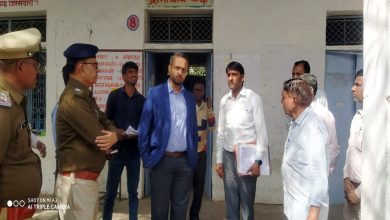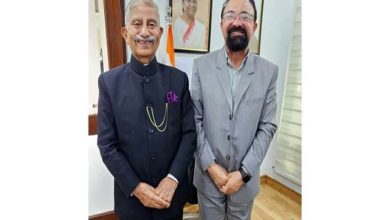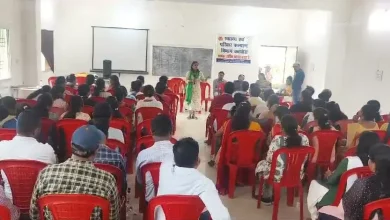Kerala news: Gender pay disparity for coir industry in Kerala

KOZHIKODE: Once a thriving hub of coir production, the picturesque town of Muhamma in Alappuzha now serves as a testament to the declining fortunes of an industry deeply woven into the socio-economic fabric of the region. The coir industry, which predominantly employs women, is facing numerous challenges that threaten its very existence.
In Kerala, and particularly in Alappuzha, the coir industry has historically been a vital source of employment and economic sustenance. Every day, thousands of women engage in the labour-intensive process of converting coconut husks into coir fibres, a practice that not only supports their families but also boosts their social status. This industry has provided women an opportunity to contribute significantly to the household income and gain economic independence.
However, despite their critical role, women in coir sector face significant wage disparity and occupational segregation. While women perform the majority of painstaking tasks such as husking, scraping, spinning, and weaving, men are primarily tasked with operating machinery, reflecting deep-rooted gender stereotypes and resulting in a significant pay gap. Women in the coir industry often receive lower wages compared to their male counterparts, despite the arduous nature of their work. The reluctance to let women operate machinery further exacerbates this disparity, perpetuating a cycle of economic inequality.
According to M Narayanan, former chairman of the Kerala State Coconut Development Corporation, the state’s inability to effectively market coir products and innovate within the industry has been a significant impediment.
Lack of a robust marketing strategy and support from the Coconut Development Board has led to a gradual shift of coir production to other states and countries, he says.
As Narayanan highlights, though numerous innovative ideas are generated each year, without proper avenues for commercialisation, they often do not materialise.
“The government needs to implement policies that ensure fair wages and equal job opportunities for women in the industry,” says Narayanan. This includes training women to operate machinery and engaging in all aspects of coir production. Narayanan says establishing robust marketing channels and infrastructure to support the industry is also crucial.
This can involve partnerships with international markets and leveraging technology to enhance productivity and product quality, he says.





